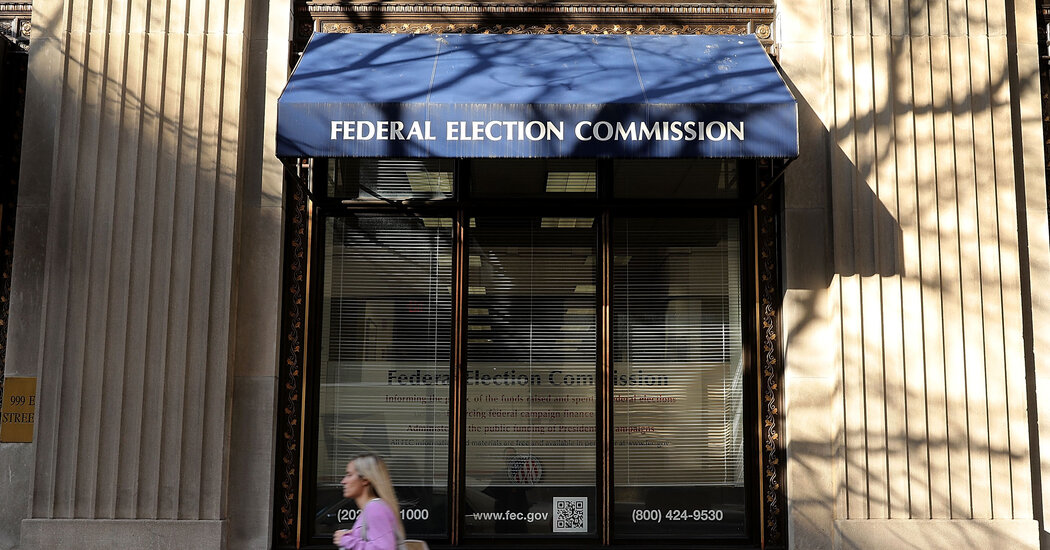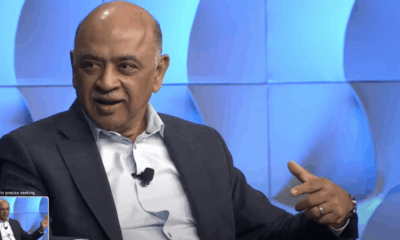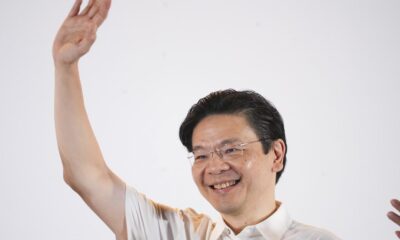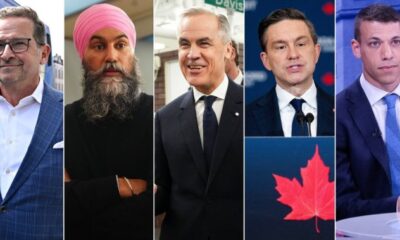Breaking News
How the Federal Election Commission Went From Deadlock to Deregulation

The Federal Election Commission, once plagued by deadlock and dysfunction, has undergone a significant transformation in recent times. A new bloc of three Republicans and one Democrat has emerged, reshaping the landscape of campaign finance regulations in America. This shift has led to the rollback of limits on how money is raised and spent by politicians, political parties, and super PACs.
The swift unraveling of longstanding restraints has raised concerns among reform groups while delighting conservatives who have long sought to loosen restrictions. The recent decisions made by the commission are considered some of the most substantial regulatory revisions since the enactment of the McCain-Feingold Act two decades ago.
Commissioner Dara Lindenbaum, a Democrat, has played a pivotal role in this shift by aligning with her Republican colleagues on key votes. This unexpected alliance has led to a series of decisions that have allowed for greater coordination between super PACs and campaigns, raised limits on fundraising for state-level ballot measures, and relaxed rules on certain types of communications.
The impact of these decisions has been met with mixed reactions, with some praising the practical applications of campaign finance law that Commissioner Lindenbaum brings to the table, while others express concerns about the potential consequences of deregulation.
As the commission continues to make significant changes to campaign finance regulations, the implications of these decisions are being closely monitored by both Democrats and Republicans. With Commissioner Lindenbaum’s term extending until 2027, the future of campaign finance law remains uncertain.
The evolving landscape of money in American politics highlights the ongoing debate between those who advocate for stricter regulations to curb the influence of money and those who prioritize practical applications of the law to achieve their political goals.
-

 Destination8 months ago
Destination8 months agoSingapore Airlines CEO set to join board of Air India, BA News, BA
-

 Breaking News10 months ago
Breaking News10 months agoCroatia to reintroduce compulsory military draft as regional tensions soar
-

 Gadgets3 months ago
Gadgets3 months agoSupernatural Season 16 Revival News, Cast, Plot and Release Date
-

 Tech News12 months ago
Tech News12 months agoBangladeshi police agents accused of selling citizens’ personal information on Telegram
-

 Productivity11 months ago
Productivity11 months agoHow Your Contact Center Can Become A Customer Engagement Center
-

 Gadgets3 weeks ago
Gadgets3 weeks agoFallout Season 2 Potential Release Date, Cast, Plot and News
-

 Breaking News10 months ago
Breaking News10 months agoBangladesh crisis: Refaat Ahmed sworn in as Bangladesh’s new chief justice
-

 Toys12 months ago
Toys12 months ago15 of the Best Trike & Tricycles Mums Recommend























